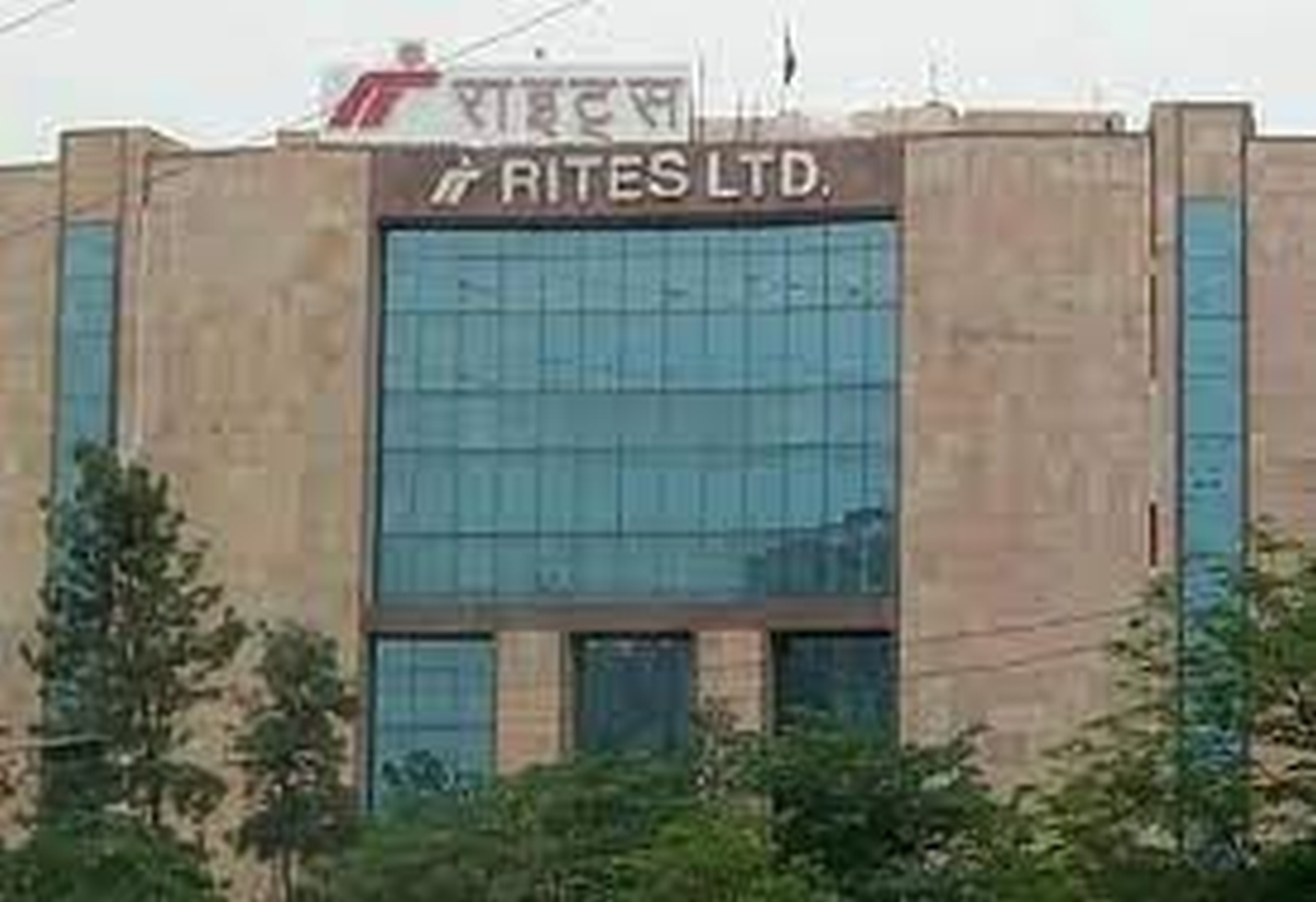Oswal Pumps Announces IPO Price Band: Detailed Overview and Market Insights
Oswal Pumps, a well-established manufacturer of water and solar pumping systems, has officially set the price band for its upcoming Initial Public Offering (IPO), aiming to raise approximately ₹1,387 crore. This public issue is expected to attract strong interest from investors, given the company’s consistent growth and its key role in the agricultural and industrial sectors.
IPO Pricing and Structure
The IPO price band has been fixed in the range of ₹584 to ₹614 per equity share. The total issue size is estimated at ₹1,387.34 crore, which will be divided into two segments: a fresh equity issue worth ₹890 crore and an offer for sale (OFS) valued at ₹497.34 crore. Through the OFS, promoter Vivek Gupta will be selling part of his stake in the company. The fresh issue proceeds will be directed towards the company’s growth plans, while the OFS will enable the promoter to partially monetize his holdings.
Key IPO Timelines
The bidding for anchor investors is scheduled to begin on June 12, 2025. The subscription window for the general public will open on June 13, 2025, and close on June 17, 2025. The allotment of shares is likely to be completed by June 18, with the company targeting its stock market debut on June 20, 2025. Oswal Pumps’ shares are set to be listed on both the Bombay Stock Exchange (BSE) and the National Stock Exchange (NSE).
The IPO is being managed by a group of seasoned book-running lead managers, including IIFL Capital, Axis Capital, CLSA India, JM Financial, and Nuvama Wealth Management. Their involvement is expected to ensure a smooth execution of the issue and strong participation from institutional and retail investors alike.
Company Profile: Oswal Pumps
Established in 2003 and headquartered in Karnal, Haryana, Oswal Pumps has carved out a significant presence in the pump manufacturing industry. The company produces a wide variety of products, including water pumps, solar pumping systems, motors, and pipes. Its offerings serve crucial markets such as agriculture, irrigation, industrial operations, and construction.
Oswal Pumps has been proactive in adopting solar technologies to meet the growing demand for sustainable energy solutions. Its solar pump range has seen increasing acceptance, particularly in rural and semi-urban regions where reliable and energy-efficient water supply systems are essential. The company’s leadership, driven by Vivek Gupta and his family, has consistently focused on expanding production capabilities and enhancing product innovation.
Objectives of the IPO
The capital raised through the fresh issue will be used strategically:
Capacity Expansion: A significant portion of the funds will go towards expanding the company’s manufacturing facilities and increasing production volumes to meet rising demand.
Debt Reduction: Oswal Pumps aims to lower its existing debt burden, which will help improve its balance sheet and reduce interest costs.
Working Capital: Additional funds will be allocated to maintain adequate working capital for day-to-day operations, ensuring smooth business functioning.
General Corporate Purposes: The company also plans to utilize a portion of the proceeds for broader corporate needs, supporting future growth and operational flexibility.
The offer for sale will primarily benefit the selling promoter, enabling a partial exit and offering liquidity.
Industry Outlook and Growth Drivers
The Indian pump industry is currently on a growth trajectory, supported by government initiatives aimed at improving rural irrigation and promoting solar energy solutions. As water conservation and sustainable agriculture gain importance, the demand for efficient water management systems, including solar-powered pumps, is expected to rise.
Oswal Pumps is well-positioned to benefit from these favorable trends. The company’s focus on renewable energy products aligns with national goals to increase solar energy adoption. Additionally, its extensive distribution network and growing brand recognition provide a solid foundation for continued expansion.
Investment Perspective
For potential investors, Oswal Pumps presents an opportunity to invest in a company with established market presence, a diversified product portfolio, and strong growth potential in the solar segment. The IPO is expected to attract attention across retail and institutional segments, especially considering the positive sentiment surrounding green energy initiatives.
However, investors should carefully monitor market conditions, IPO subscription levels, and valuation metrics before making investment decisions. The performance of similar sector IPOs and the company’s listing day response will offer additional cues.
Conclusion
Oswal Pumps’ IPO is set to play a key role in supporting the company’s expansion while offering public investors a chance to participate in its growth story. With its focus on innovation, sustainability, and market expansion, the company is strategically positioned for long-term success.
:
The image added is for representation purposes only










